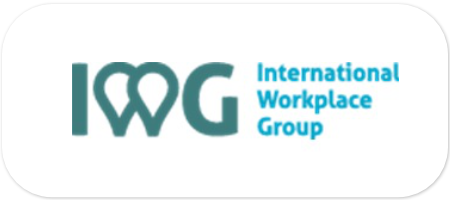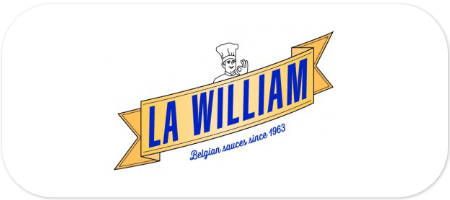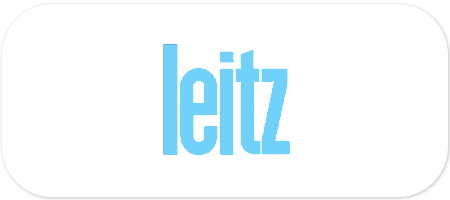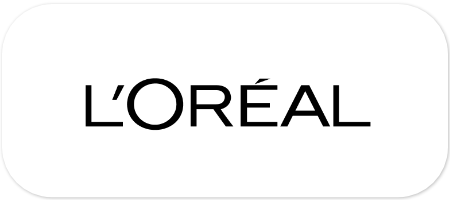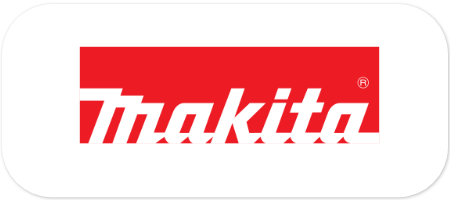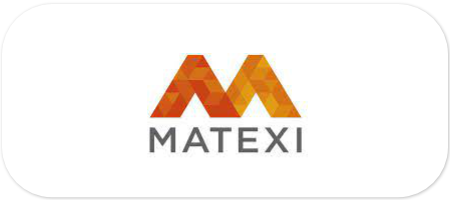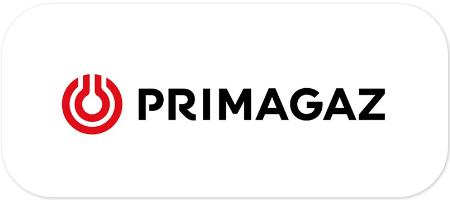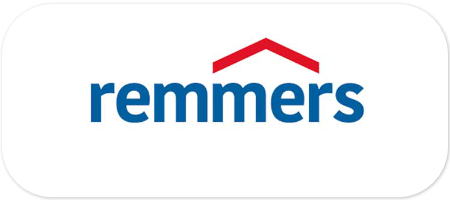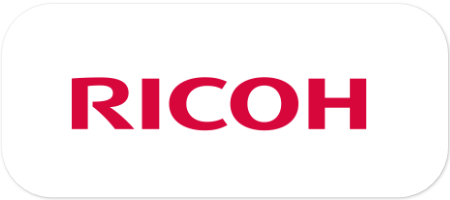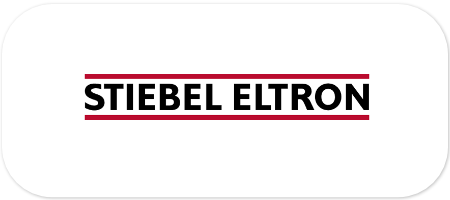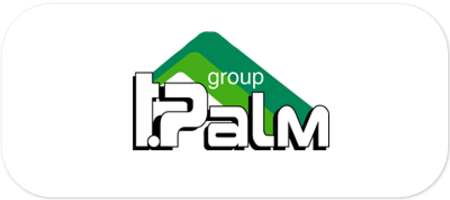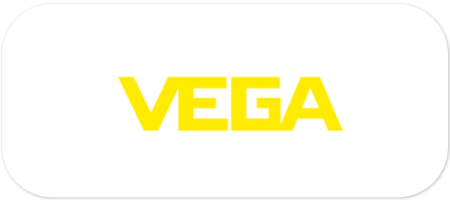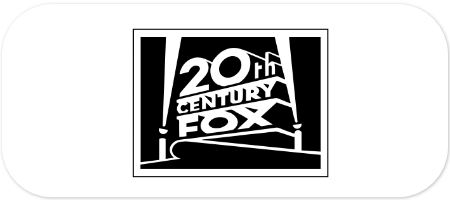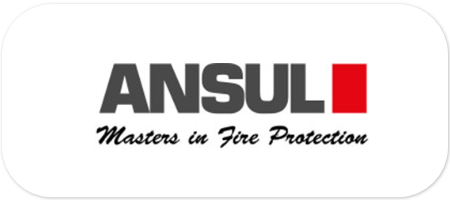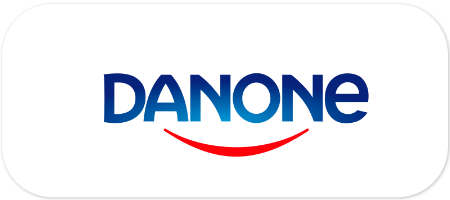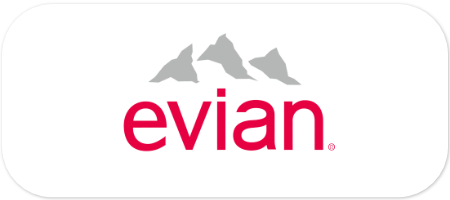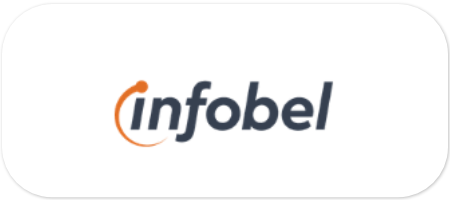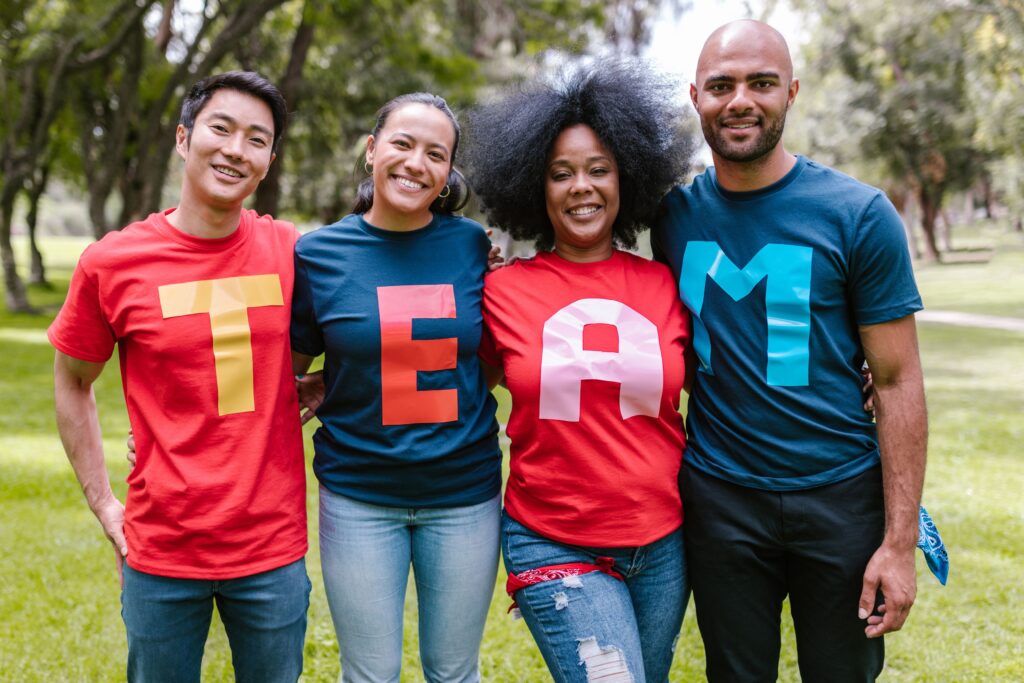Companies need to develop and sustain cohesion within their teams. With 30 years’ experience and having trained more than 3,000 people in various fields, including sales, communication and management, Archetype meets this need with a personalised approach to team building training.
The objectives of team building coaching
Our method is based on clearly defining the objectives of team coaching. This involves establishing what is desired in terms of improving performance and relationships between team members. This part requires you to align yourself with the expectations of the board of directors and the company’s various stakeholders.
Why is the preliminary meeting so important?
Before starting the training, we attach great importance to the preliminary meeting with your team. This enables us to establish direct contact and understand their specific needs. This stage is fundamental to creating a programme tailored to the particularities of each group and ensuring their commitment throughout the process. Based on the expectations expressed, the coach will decide which team building techniques to implement in order to encourage cohesion and improve individual and collective behaviour.
We have several team building techniques. The choice of team building activities will depend on the objectives identified during the preliminary meeting. Here are a few examples that Archetype can adapt to various situations:
- Sports team building, which promotes team spirit, self-improvement and stress management through physical activities such as team sports or orienteering.
- Creative workshops that stimulate imagination and communication within the group through artistic projects such as painting, music or sculpture.
- Role-playing and simulations, which are fun exercises that allow participants to put themselves in the shoes of other team members to better understand their points of view and motivations.
- Outdoor activities that encourage mutual trust and a spirit of mutual support between team members through exercises carried out in the great outdoors, such as accrobranche or rafting.
All these techniques help to reinforce a variety of skills: active listening, sharing ideas, decision-making, compliance with instructions, etc., all of which are essential to ensure good synergy between team members.
Post-training follow-up, the key to the practical application of acquired skills
At Archetype, we are committed to providing regular follow-up after team building training. You must apply the skills and behaviours acquired during this experience in a concrete way in your day-to-day professional life. We organise meetings with your team to assess the progress made following the training and to provide personalised support if any difficulties arise. This approach is designed to ensure a lasting, positive impact on team performance and cohesion.
Customised support to meet the specific needs of each company
To meet the diverse needs of businesses, Archetype offers flexible packages tailored to individual requirements and constraints. Our experts are available to intervene for a few days or several months, depending on the nature of the objectives set. Our training courses can also be delivered in either French or English, and can take place either on the company’s premises or at external venues that promote dynamism and conviviality.
The impact of team building on performance and job satisfaction
The benefits of team building training are numerous. With this type of coaching, the aim is to help individuals work together successfully towards a common goal. This translates into :
- Better understanding between team members;
- More fluid and effective communication;
- An increase in individual and collective skills;
- Commitment to the group’s projects and missions.
In addition to tangible results on a professional level, taking part in team building training also helps to improve employees’ personal satisfaction. By developing their ability to listen, empathise and cooperate, they will be able to manage their interpersonal relationships more effectively, and thus achieve greater fulfilment at work.



